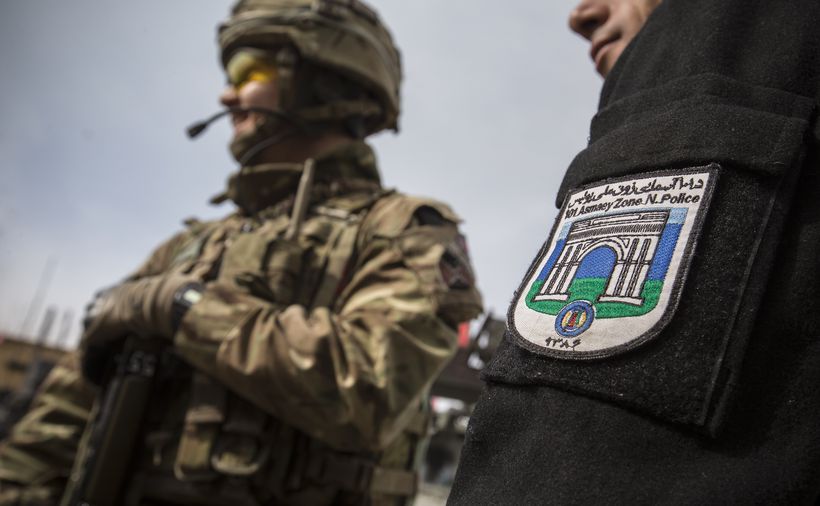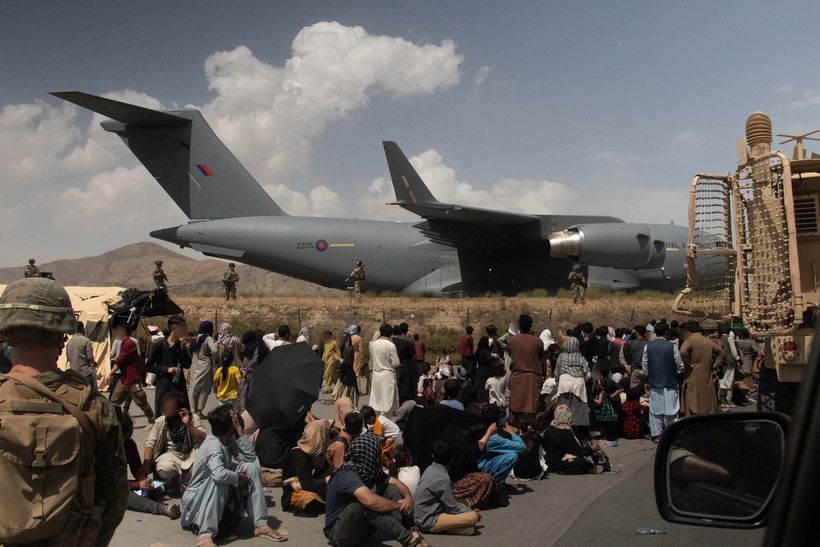Posted on
In March, the Government announced that it would be ending the practice of placing Afghan households in bridging hotels, including British Armed Forces translators and other employees who were evacuated to the UK in recognition of their service to our country and the risk this put them at from the Taliban.
The evictions started this month and are due to conclude by 31 August – two years after Afghanistan fell to the Taliban and the commitments made to support this cohort under Operation Warm Welcome.
Passing the buck
We were concerned when this was first announced that the three-month timeframe to move 8,000 individuals into permanent homes was insufficient. Our fears have not been allayed as one in five Afghans families evicted so far have not secured accommodation and have had no choice but to present to their local councils as homeless.
The most likely outcome for these families is they will once again be temporary housed in hotels, but this time by the local authority rather than the Home Office. This has not improved the situation for these families but passed the buck from the Home Office to local authorities.
No clear answers
We’ve had no clear answers from the Government about how these evictions would be carried out. First, we were told that the bridging hotels were definitively closing at the end of August. No ifs, no buts - the Home Office would cease housing any Afghans with an Armed Forces connection.
This now appears not to be the case, and the Home Office will move some families to new bridging hotels, if they have secured an offer of housing in principle - even if it will not be available for them to move into in the immediate future. It is not clear what will happen to these families if such offers in principle fall through, or if they will continue to be supported with food and essentials within these new hotels as before.
Support for the homeless
Those families who have had no offer of accommodation will have to leave the bridging hotels and become the responsibility of local authorities to house.
We are concerned by reports that those who have turned to local councils have had difficulty in accessing the Home Office’s promised financial support package going forward. Additionally, as not all local councils are signed up to the rehoming scheme, if these families are moved to an area outside of the scheme, they will lose their entitlement to this support.
Our duty to our Afghan colleagues
Ultimately, these are the brave men and women who served our country at a time of war and have faced enough upheaval, anxiety and false promises in the last two years. They served alongside our troops, risking their lives in many cases to ensure our mission in Afghanistan could continue. The least we should do as a nation, in return for their service, is to put a roof over their heads.


